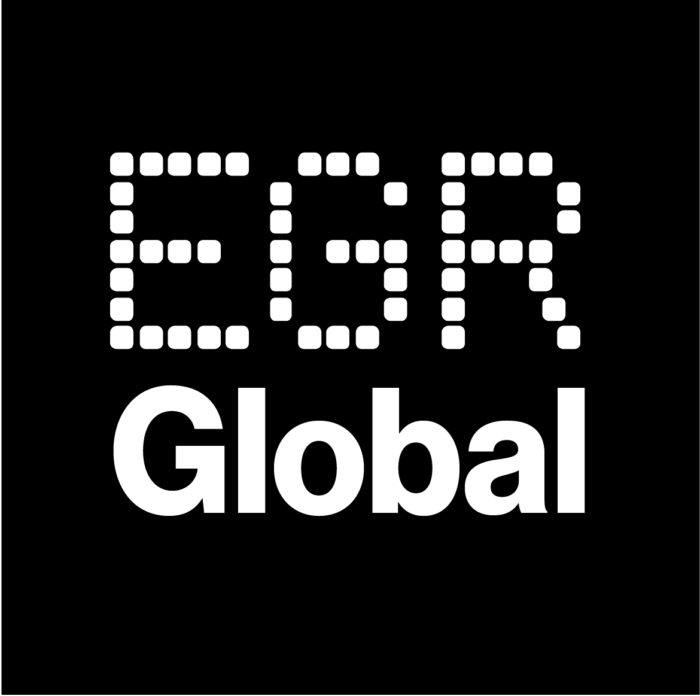
Industry predictions for 2021: affordability and diversification
RAIG chairman Clive Hawkswood and Andreas Koeberl of BetGames.TV predict the big themes in online gaming next year

22/12/2020
Want access?
Subscribe today
Want to keep accessing great content like this? Click the button below to complete our membership form or email support@egr.global, and our team will reach out to schedule a demo.